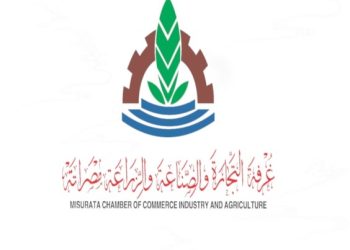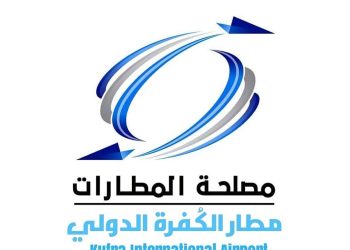By Sami Zaptia.

Tripoli, 4 July 2014:
Further to Wednesday’s statement by the Central Bank of Libya in which it declared that it . . .[restrict]was referring the budget to its legal department, and that it was meanwhile only disbursing the wages and subsidy sections of the budget, the CBL went into overdrive on Thursday with a preemptive public charm offensive.
The background of this is the ongoing battle between the CBL on the one hand, and the GNC and government on the other, as to who has the legitimate political and constitutional right to spend Libya’s reserves, accumulated over decades by the Qaddafi regime.
In its determination to communicate its point view, the CBL has even gone to the trouble of releasing a video/infographic on its website to explain its point of view.
In this battle, the CBL sees itself as the custodian of Libya’s reserves – reserves that it fears the transitional and transient politicians of the NTC, GNC and Interim Government are happy to squander in the search of short term political gains or popularity.
In its latest release, the CBL decided to go above the heads of the politicians and explain the hard cold economic facts directly to the Libyan public.
The CBL pointed out that currently Libya is producing less than 200,000 barrels per day (bpd) or “less than only 15 % of normal oil production”. This equates to lost revenue of US$ 3.5 bn per month.
The CBL further explained that this is expected to lead to a decrease in GDP of 60% compared to that of 2013. This is in turn expected to lead to a deficit of LD 40 bn by end of 2014 and GDP is expected to be down 80% in 2014.
The CBL also pointed out the effect of the current “financial crises” that Libya is going through on foreign currency reserves, which it says are down by a staggering 30 percent.
It further expressed its concern about the “dangerous growing gap” between official foreign exchange rate and the black market rate, and its affect on the value of the Libyan dinar and the purchasing power of the Libyan consumer.
However, the CBL did not just settle for a critique of current economic and fiscal policy practiced by the interim GNC and its government, but provided constructive criticism by proposing possible solutions to the problems.
The CBL urged the government to implement “previously agreed reforms”, the most important of which is solutions that would lead to the resumption of oil exports. It also urged the authorities to reinforce the implementation of the collection of tax and customs duty revenues.
The CBL also urged the authorities to revisit and review Libya’s subsidy policies, which in the 2014 budget are allocated LD 11.93 bn or 20.9 percent of the total budget. The CBL also called on the government to execute a systematic national plan and strategy for a public relations campaign with which to better inform the Libyan public of the current financial crises and its long term consequences for their standard of living.
Ultimately, the CBL was keen to re-stress its” independent role” and that it is “at an equal distance” from all the various political pressures and that it sees itself as the “last line of defence” of state and the “savior” of it internally and externally. [/restrict]







